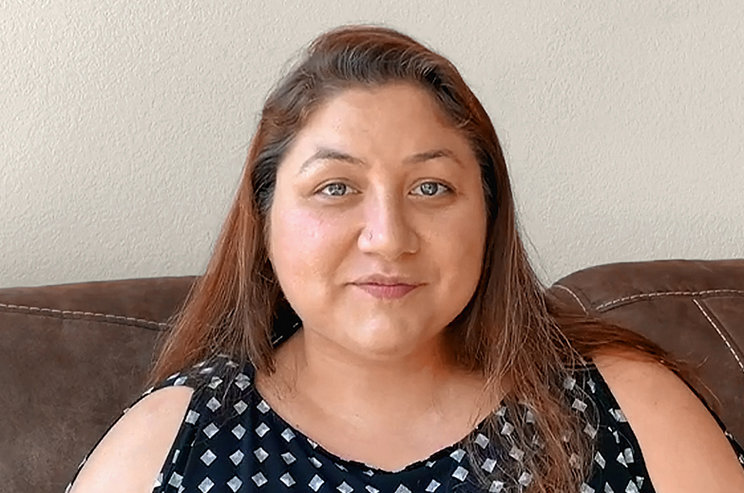MEET THE KESIMPTA CREW


They found their fit with KESIMPTA
Life can look different for every KESIMPTA Crew member, but they are more than their RMS—they want to fill their time, their way.
HEAR WHY THESE CREW MEMBERS
CHOSE KESIMPTA
WHY PEOPLE CHOSE KESIMPTA AS THEIR |

WALT D.
Dad, Engineer
Chose KESIMPTA as 1st treatment: 2021
Walt is an engineer who is new to RMS but not so new to being a dad. See how he keeps up with his active lifestyle and his son.

JULIE H.
Farmer, Grand Champion
Chose KESIMPTA as 1st treatment: 2021
Julie is a farmer, saleswoman, and a Kentucky State Fair champion. She’s determined not to let RMS get in the way.

MATT E.
Dad, TV Marketer
Chose KESIMPTA as 1st treatment: 2021
Matt, a "newbie" to RMS, was afraid of needles before starting KESIMPTA. He's come a long way since then.
WHY PEOPLE CHOSE TO SWITCH TO KESIMPTA |

JAMIE-LYNN S.
Mom, Actor, MS advocate
Switched to KESIMPTA: 2023
Jamie-Lynn Sigler is a mom, wife, actor, and MS advocate who’s constantly pulled in a lot of directions and needed an RMS treatment that could fit her lifestyle.
Inspired by her experiences, she created a 3-step guide to help people living with RMS define and voice their needs.

MAGGIE S.
Mom, Recent Grad
Switched to KESIMPTA: 2021
Maggie is a mom and recent college graduate. She went from thinking her life was over to accomplishing amazing things.

RACHEL W.
Avid Traveler, Dog Lover
Switched to KESIMPTA: 2020
Rachel loves going to sporting events to cheer for her team, and she won’t allow RMS to get in the way.

SEAN C.
Dad, Science Teacher
Switched to KESIMPTA: 2020
When Sean was diagnosed with RMS, his world turned upside down. But determination helped him take back control.

ANANDA B.
Nurse, Nature Enthusiast
Switched to KESIMPTA: 2020
Ananda is a passionate nurse who also needs to take care of herself and her RMS.

KRISTIN C.
Mom, Real Estate Agent
Switched to KESIMPTA: 2020
Kristin is a working mom who struggled to find an RMS treatment that worked with her lifestyle.

The KESIMPTA Crew has even more to share on YouTube
WHAT’S YOUR KESIMPTA STORY?
Share it by becoming a KESIMPTA Crew Member
Get in touch at 1-877-879-0245 or [email protected] ↗
Check out the proven results
The KESIMPTA Crew shares what life on KESIMPTA is like
Want more information to help you decide?
Find out why so many people are choosing KESIMPTA.
Want co-pay help?
97% of all prescriptions filled have a $0 out of pocket cost when used with the Access Card.*†
All the people featured on this webpage are living with relapsing multiple sclerosis, have taken KESIMPTA, and have been compensated for their time.
RMS, relapsing multiple sclerosis.
*Limitations apply. Offer not valid under Medicare, Medicaid, or any other federal or state health insurance program. Patients with commercial insurance who are initially denied coverage may receive free KESIMPTA for up to 12 months while seeking coverage. Patients with commercial insurance who have coverage for KESIMPTA may receive up to $18,000 in annual co-pay benefits. Novartis reserves the right to rescind, revoke, or amend this program without notice. Additional limitations may apply. See complete Terms & Conditions at start.kesimpta.com.
†2023 data on file.
